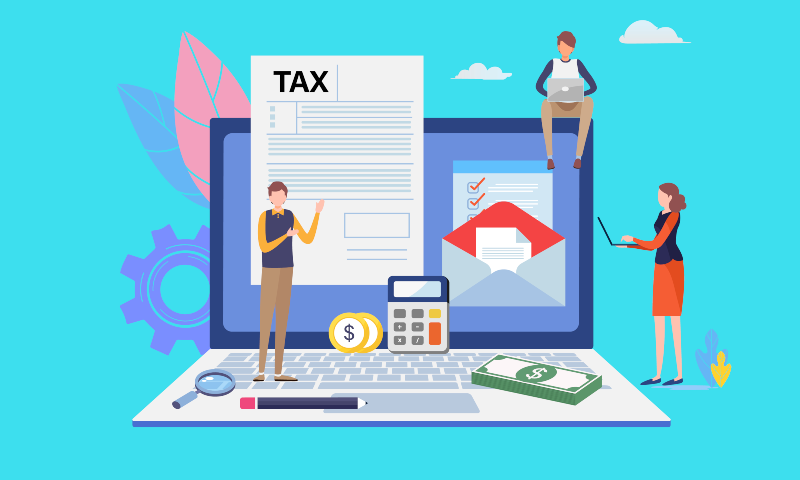Filing your taxes as a freelancer can seem like a tedious task to get through as a freelancer. You are your own boss, no longer employed by a company. Being in the gig economy has its perks, and there are plenty of ways to take advantage of tax season to avoid a large tax bill.
1. ORGANIZE YOUR SAVINGS ACCOUNTS
Separating your tax money, income, and expenses for your business will save you the stress when it comes to filing your taxes. It is far too easy to lose track of money when they are all piled into one account.
Pro Tip: consider banking at a bank that offers Health Savings Accounts (HSA) to establish security in health situations. This also allows for annual deductions on this account and is susceptible to tax-free earnings and withdrawals.
2. PLAN YOUR TAXES BY THE TAX CALENDAR
Defer income and speed up deductible expenses by planning out your year according to the tax calendar versus the regular calendar year. This means, purchasing items for your business prior to the end of the year.
A good rule of thumb for gig workers paying tax is to set aside 20-30 percent of each paycheck for taxes.
3. SEND IN QUARTERLY TAX PAYMENTS
The IRS highly recommends you do not pay your taxes once a year but four times a year. Doing this can save you additional penalties for not paying tax as you earned the income.
4. MAKE USE OF APPS
Using apps such as Digit, FreshBooks, or QuickBooks, can help keep your expenses organized as well as help you set aside money to pay for taxes. Digit will withdraw small amounts of money a few times a week to set aside for further expenses. These apps help reduce taxable income which in return will reduce your tax bill.
5. RESEARCH SELF-EMPLOYMENT TAX REDUCTIONS
As a gig worker, you are eligible for many self-employment tax reductions such as vehicle mileage, health insurance premiums, continuing education, home-office expenses, advertising and marketing equipment, and more. Why waist free money?
Article by
Kourtney Delperdang
Lead Writer


